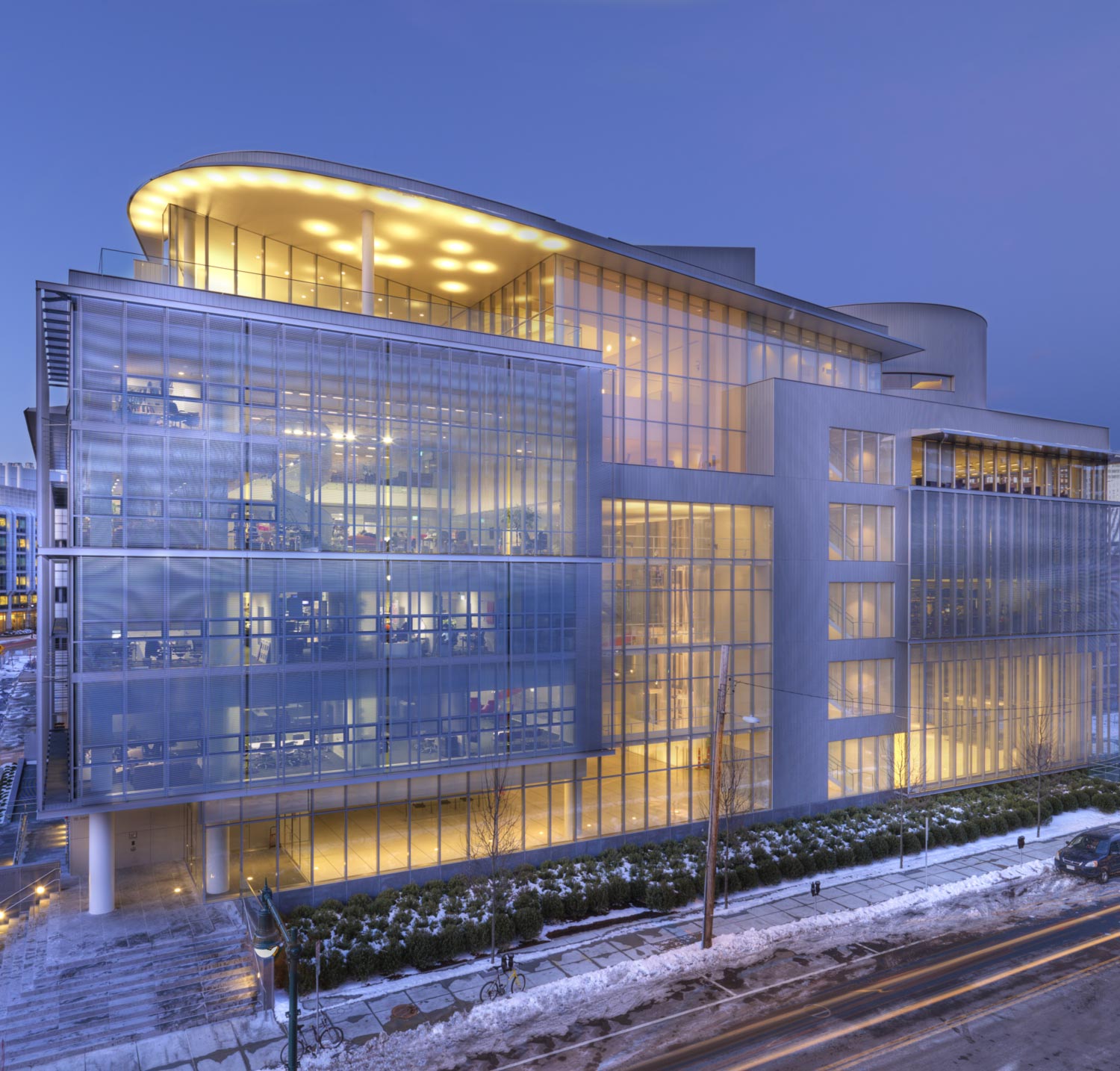Climate Grand Challenges Flagship Showcase
As prepared for delivery
Good morning!
On behalf of everyone involved in the MIT Climate Grand Challenges program: Welcome aboard! We are absolutely delighted to have you with us, as we introduce our five flagship projects to the world.
I am also grateful to the many people who helped create this showcase event, including our outstanding panelists, as well as all the MIT researchers who invested such inspiring creativity and care in developing the solutions we will hear about today.
And I offer a warm hello to the congressional staff members joining us today, and a special shoutout to our distinguished guest, Special Presidential Envoy for Climate John Kerry.
In July 2020, when we launched the Climate Grand Challenges, we wanted to focus the daring creativity and pioneering expertise of the MIT community on the urgent problem of climate change.
But the world was still reeling from the first months of Covid. MIT researchers were just getting used to working on campus again. We simply did not know what reaction to expect.
So you can imagine how thrilled we were when our first call-for-proposals yielded nearly 100 submissions, involving almost 400 faculty and researchers, representing all five of MIT’s schools as well as our College of Computing.
After rigorous review, we invited 27 teams to develop comprehensive plans. From that exceptional group of finalists, we then chose five teams to proceed as “flagship” projects – and you will have the opportunity to “meet” each one of them today.
These projects touch domains from industry to agriculture, and from prediction to adaptation. Yet they all aim to address an important unsolved problem in climate – and they all aim to generate and deploy significant solutions, at scale, in time to make a difference.
Together, these flagship projects will define a transformative new research agenda at MIT, one that has the potential to make meaningful contributions to the global climate response.
Each one has received a vital boost of initial funding from MIT. Yet with aspirations on this scale, these projects will also need allies and supporters, at MIT and other institutions, as well as from outside the academy – including investors, philanthropists, policy makers, industry leaders and more.
To all of you here with us – and to all of you watching – I hope that what you hear today will inspire you to join us, in action, for humanity around the globe.
* * *
Climate change has been called a “super wicked problem.” In Boston, that might sound like a local way of saying “really hard.” But this phrase is actually a technical term. It describes any enormously complex societal problem that has no single right answer and no clear finish line, as well as multiple stakeholders with conflicting priorities and no central authority empowered to solve it.
(A vivid current example can be found in the current war in Ukraine. It is obviously creating terrible immediate human suffering. It is also affecting the price of oil and gas – and therefore the global debate over climate and energy policy.)
Complexity, uncertainty and conflict can paralyze progress. In fact, I recently heard a phrase that has stuck in my mind: That, when it comes to addressing climate change, “despair is as bad as denial.”
At MIT, we believe that when a problem feels overwhelming, the best antidote is practical action – and that is exactly what we are here to share with you today.
So, let’s get started!
The program begins with a fireside chat between me and our special guest, Secretary Kerry. (Fortunately for me, I will be asking all the questions.)
In January 2021, former US Secretary of State John Kerry became the first person appointed to serve as Special Presidential Envoy for Climate. Secretary Kerry is an inspiring choice. And his role is a perfect expression of the fact that, when it comes to climate, no nation can go it alone, and we are all in this together.
So, with that, please welcome, Special Presidential Envoy, John Kerry!


